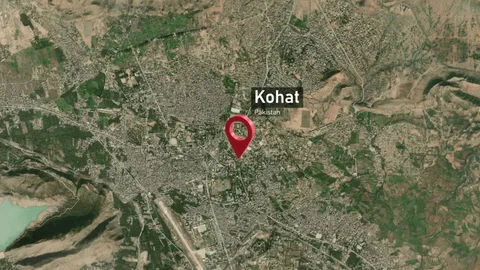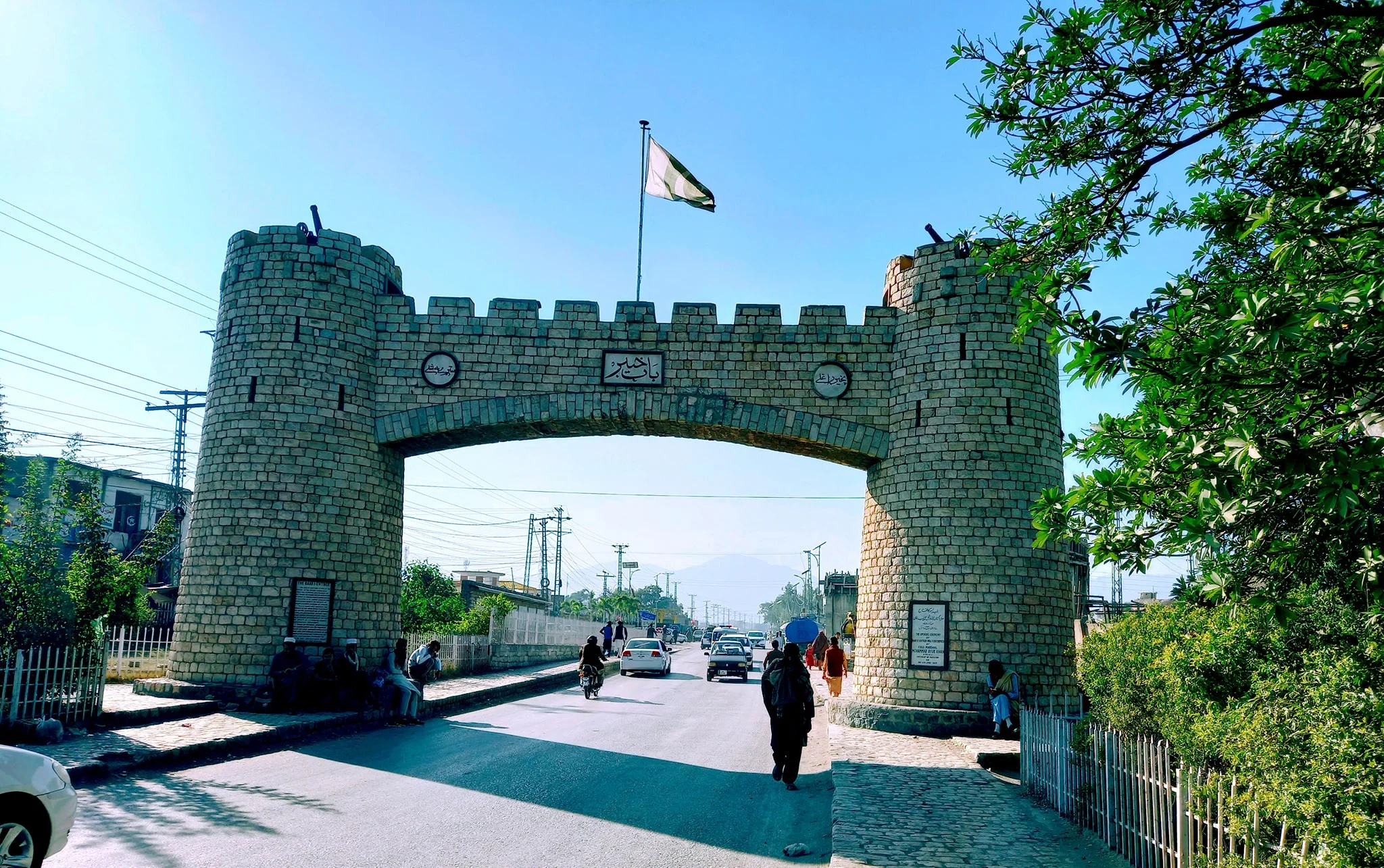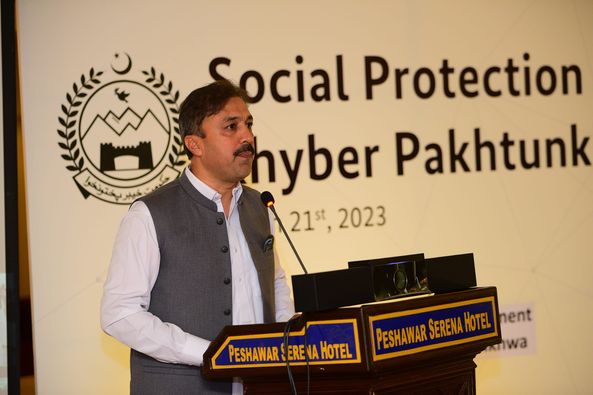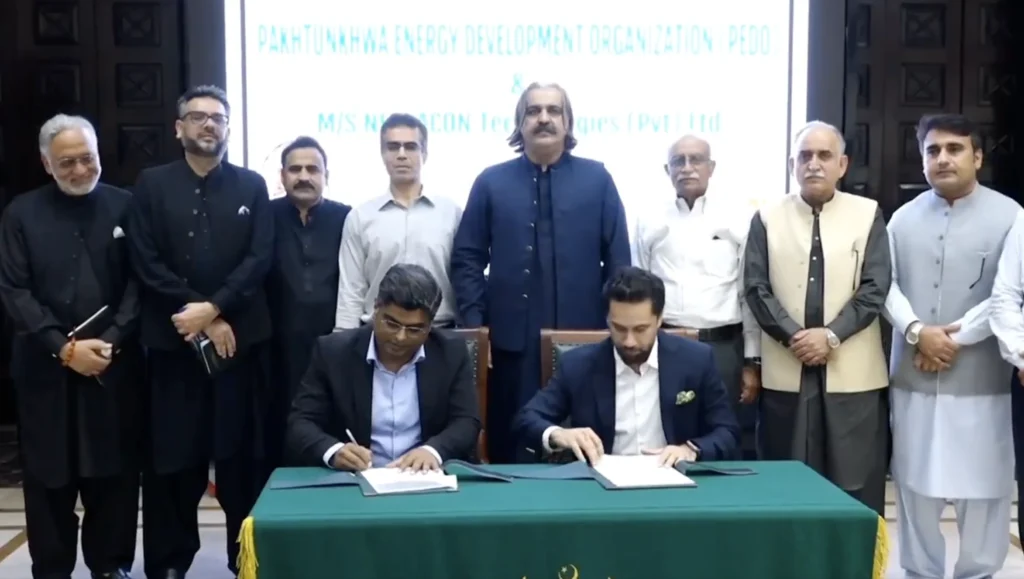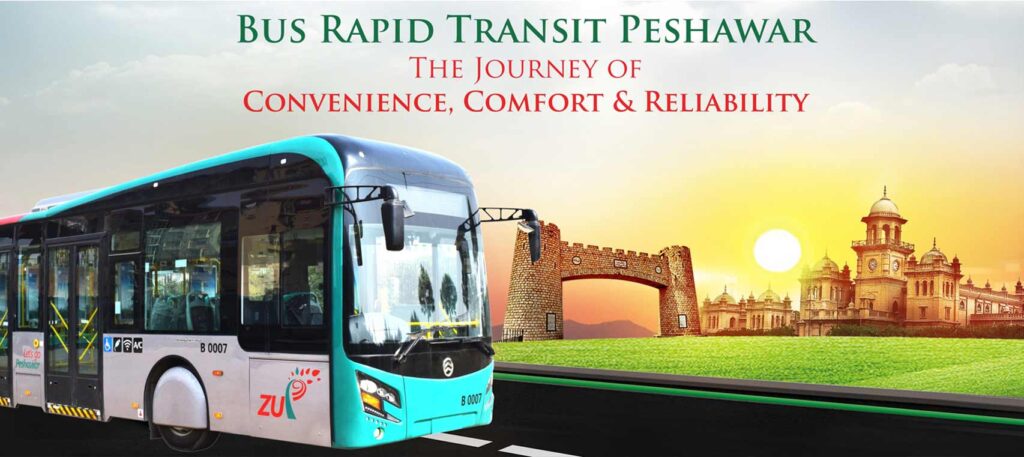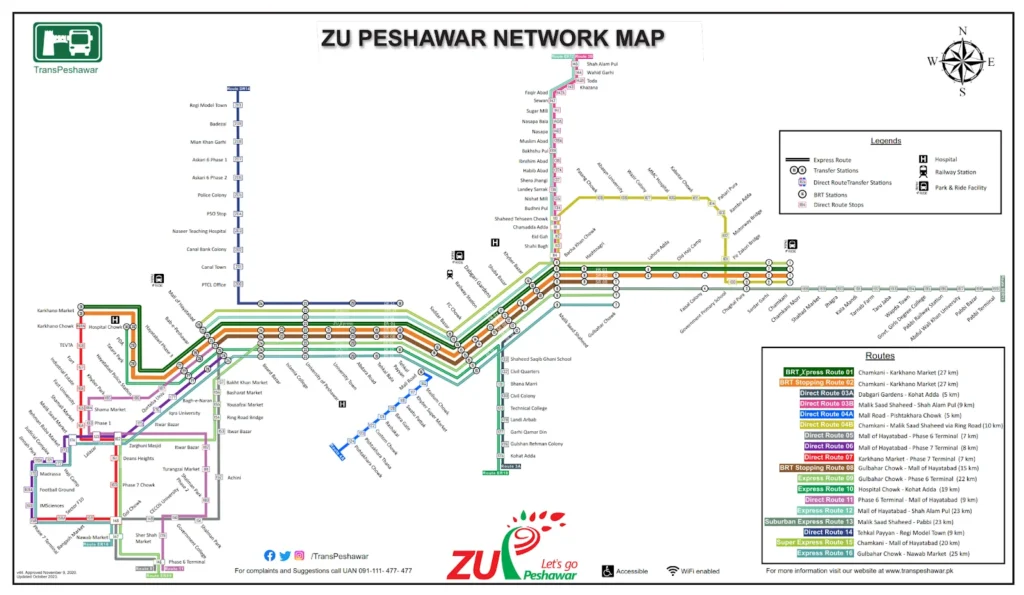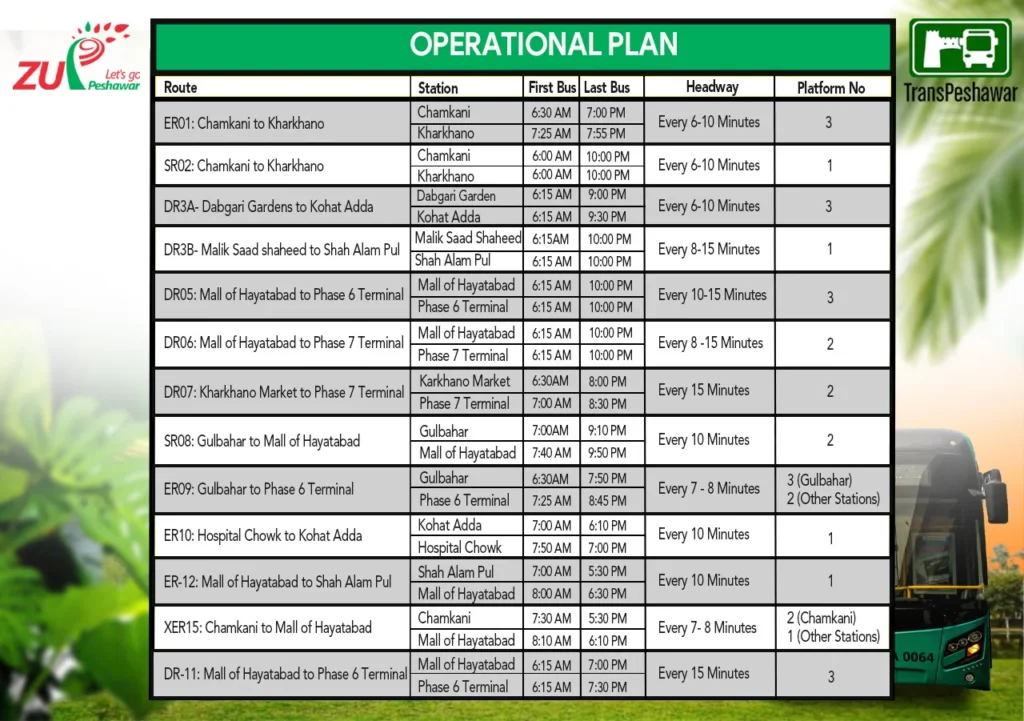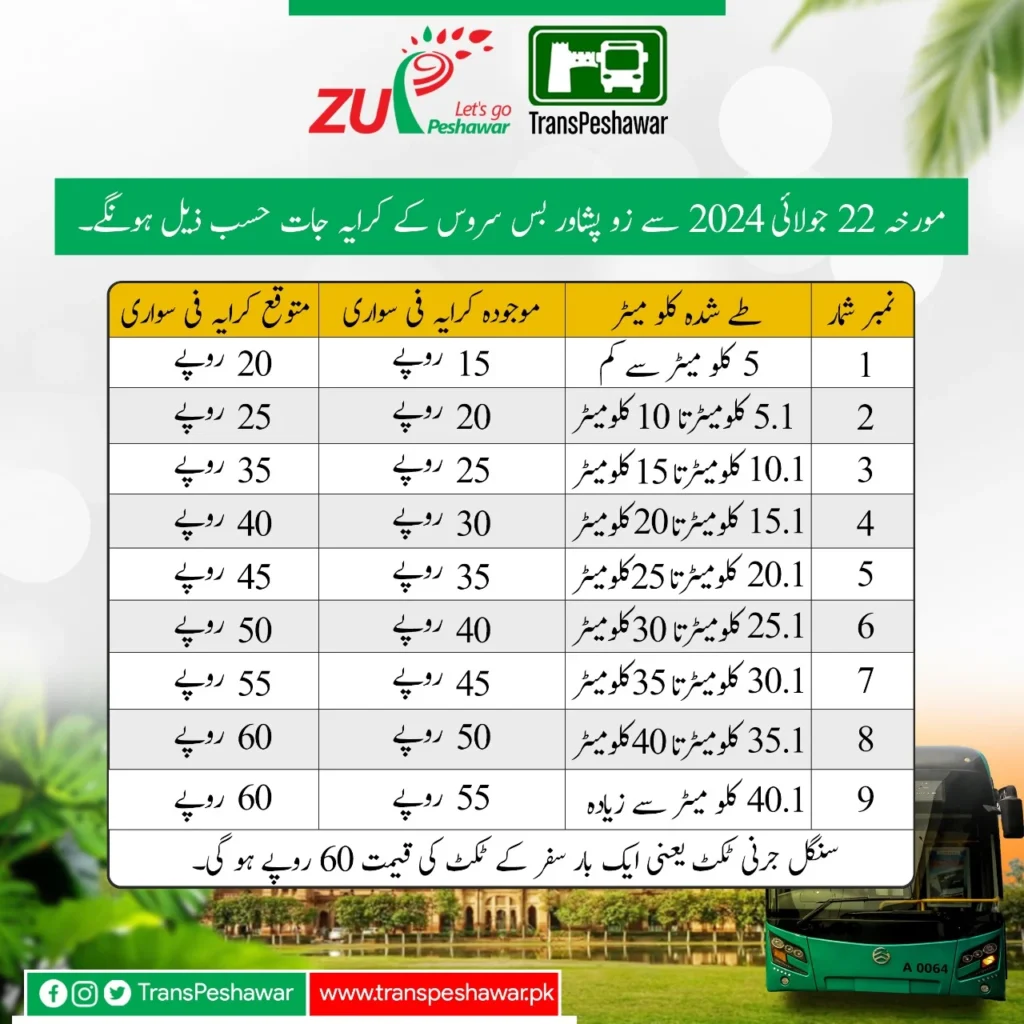Provincial Minister for Law, Aftab Alam Advocate, presided over a review meeting in Kohat to assess the progress of ongoing developmental projects in the region.
The meeting was attended by officials from the Department of Primary and Secondary Education, the Department of Planning and Development, and the Department of Communications and Works.
During the session, Minister Aftab Alam was briefed in detail about the progress of various projects in Kohat.
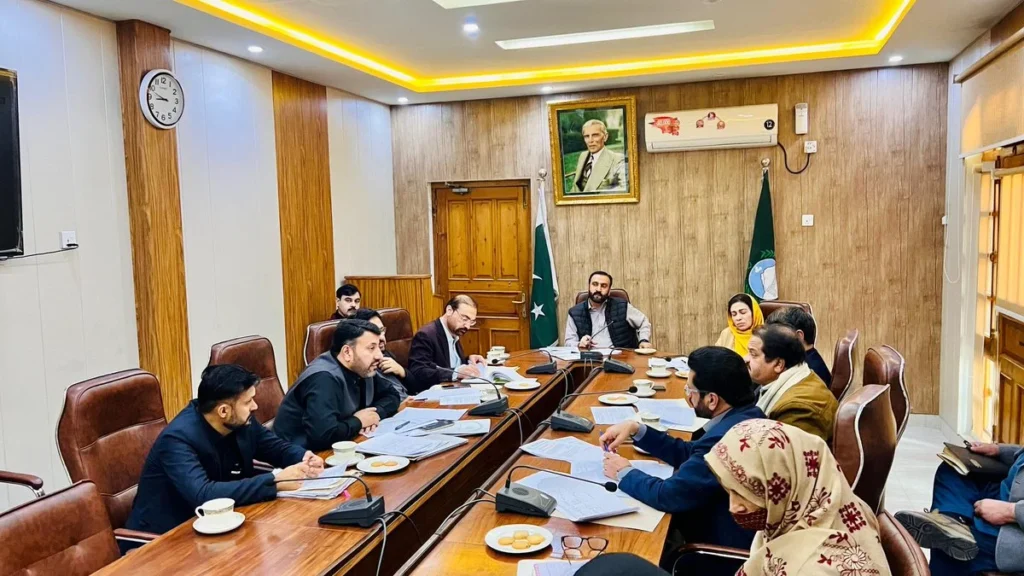
Education Projects in Kohat Top Priority, Says Minister Aftab Alam
Provincial Minister for Law, Aftab Alam Advocate, emphasized that the completion of developmental projects for primary and secondary education in Kohat is a top priority.
He stressed the need for close coordination and continuous communication among relevant departments to ensure the timely completion of these projects.
Minister Alam also highlighted the importance of addressing obstacles in educational projects on a priority basis to eliminate the deprivations faced by the region.
Key Directives Issued by Minister Aftab Alam
During the meeting, Minister Aftab Alam issued several directives to the concerned officials:
- Upgradation of Schools: He instructed the officials to expedite the upgradation of 70 primary schools to the middle level, 70 middle schools to the high level, and 70 high schools to the higher secondary level.
- Renovation of Dilapidated Schools: The Minister called for the immediate restoration of three dilapidated schools in Kohat and emphasized the need to address the lack of washrooms in schools across the region.
- Foreign Aid Allocation: Expressing disappointment over Kohat’s exclusion from foreign aid, Minister Alam urged officials to take effective measures to rectify this issue.
- Double Shift System: The meeting also discussed the proposal to introduce a double shift system in overcrowded schools in Kohat. This initiative not only aims to improve educational outcomes but also create employment opportunities for qualified individuals.
- Rented Buildings for Remote Areas: To address the issue of long distances to high schools in certain areas of Kohat, the meeting proposed the provision of rented buildings to ensure accessibility to education.
Focus on Quality Education and Regional Development
Minister Aftab Alam reiterated the importance of adopting an effective strategy to complete all developmental projects in Kohat.
He emphasized that providing quality educational facilities to the people of Kohat is essential for the region’s overall development.
The Minister also highlighted the need for a collaborative approach among all stakeholders to ensure the successful implementation of these projects.
Conclusion
The review meeting chaired by Provincial Minister for Law, Aftab Alam Advocate, underscored the government’s commitment to improving educational infrastructure in Kohat.
With a focus on upgrading schools, addressing infrastructure gaps, and ensuring equitable access to education, the initiatives discussed in the meeting aim to transform the educational landscape of Kohat.
The proposed measures, including the double shift system and rented buildings for remote areas, reflect a comprehensive approach to tackling the region’s educational challenges.
As the government works towards these goals, the people of Kohat can look forward to better educational opportunities and improved living standards.
The timely completion of these projects will not only benefit the current generation but also pave the way for a brighter future for the region.

